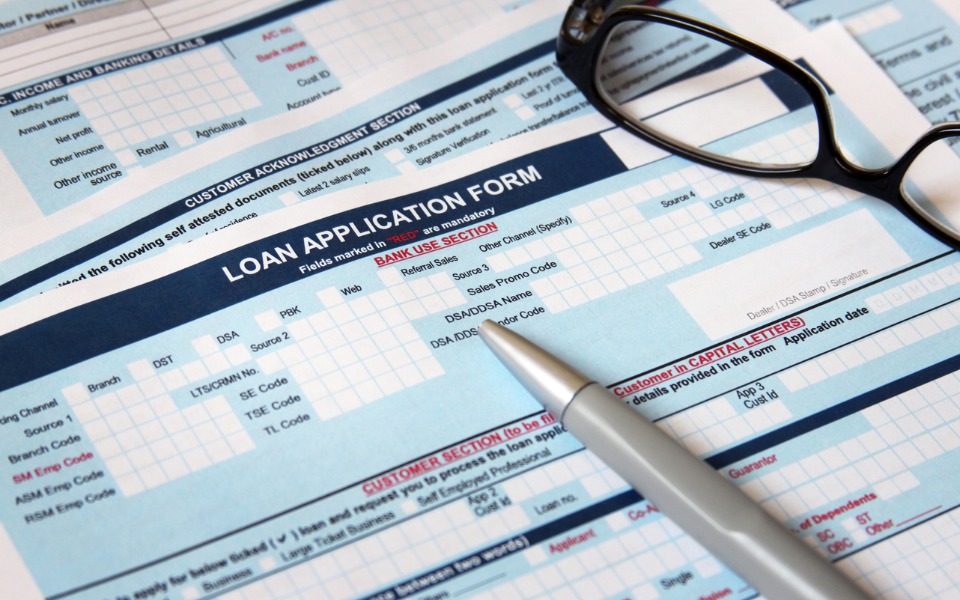
Eco Survey calls for asset quality review immediately after withdrawal of forbearance
An asset quality review (AQR) exercise must be conducted immediately after the forbearance is withdrawn, the Economic Survey 2020-21 has said

An asset quality review (AQR) exercise must be conducted immediately after the forbearance is withdrawn, the Economic Survey 2020-21 has said.
Forbearance — the practice of lenders agreeing to delay loan foreclosure if borrowers fall back on repayment — represents emergency medicine that should be discontinued at the first opportunity when the economy exhibits recovery, not a staple diet that gets continued for years, the Survey, which was tabled in Parliament on Friday (January 29), stated.
Banks exploited the forbearance window for window-dressing their books and misallocated credit, thereby damaging the quality of investment in the economy, the document pointed out. Gross non-performing assets ratio of scheduled commercial banks has decreased from 8.21 per cent at end-March, 2020, to 7.49 per cent at end-September, 2020.
Also read: India reaping lockdown dividend by saving lives, livelihood: Eco Survey
However, the Financial Stability Report (FSR) released by the Reserve Bank of India has indicated that banks’ gross non-performing assets may rise to 13.5 per cent by September, from 7.5 per cent in September 2020. It further said that India, the fifth-largest economy in the world, has never been rated as the lowest rung of the investment grade (BBB-/Baa3) in sovereign credit ratings.
India’s sovereign credit ratings do not reflect its fundamentals, it added. The Survey pointed out that economic growth has greater impact on poverty alleviation than inequality and India needs to focus on growth to lift poor out of poverty. The COVID-19 pandemic emphasised the importance of healthcare sector and its inter-linkages with other sectors —showcased how a health crisis transformed into an economic and social crisis, it said.
Also read: PM-JAY has helped states improve health outcomes: Eco Survey
It has also recommended a regulator for the healthcare sector must be considered given the market failures stemming from information asymmetry. “An increase in public healthcare spending from 1 per cent to 2.5-3 per cent of GDP can decrease the out-of-pocket expenditure from 65 per cent to 35 per cent of overall healthcare spending,” it said.
India’s lockdown strategy prevented 37 lakh COVID-19 cases and 1 lakh deaths. On reforms in tax administration, the Survey said it has begun a process of transparency, accountability and incentivised tax compliance.

